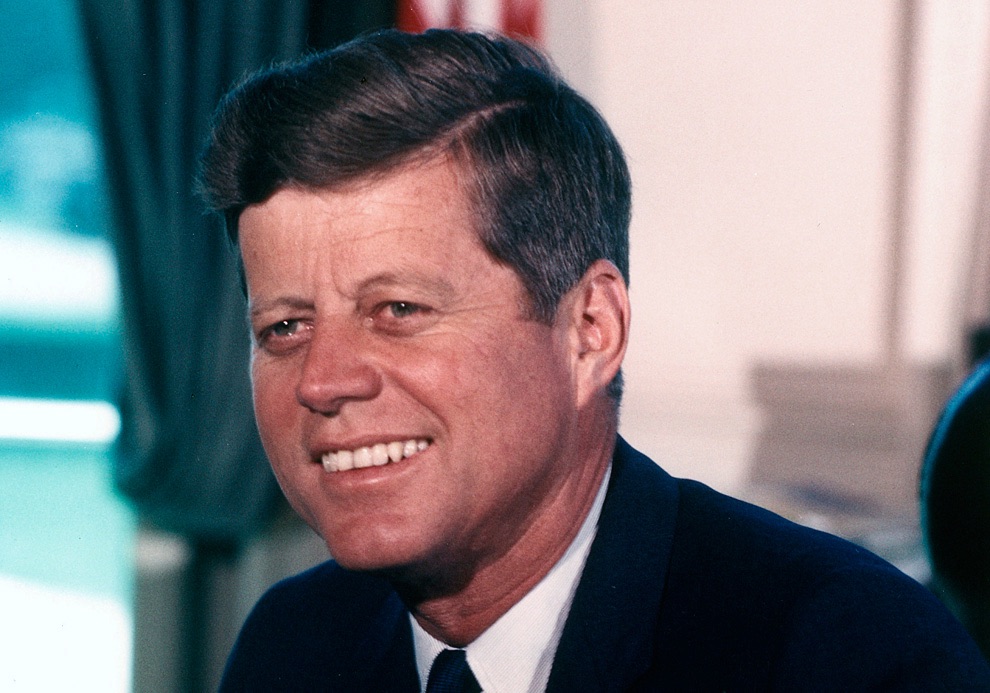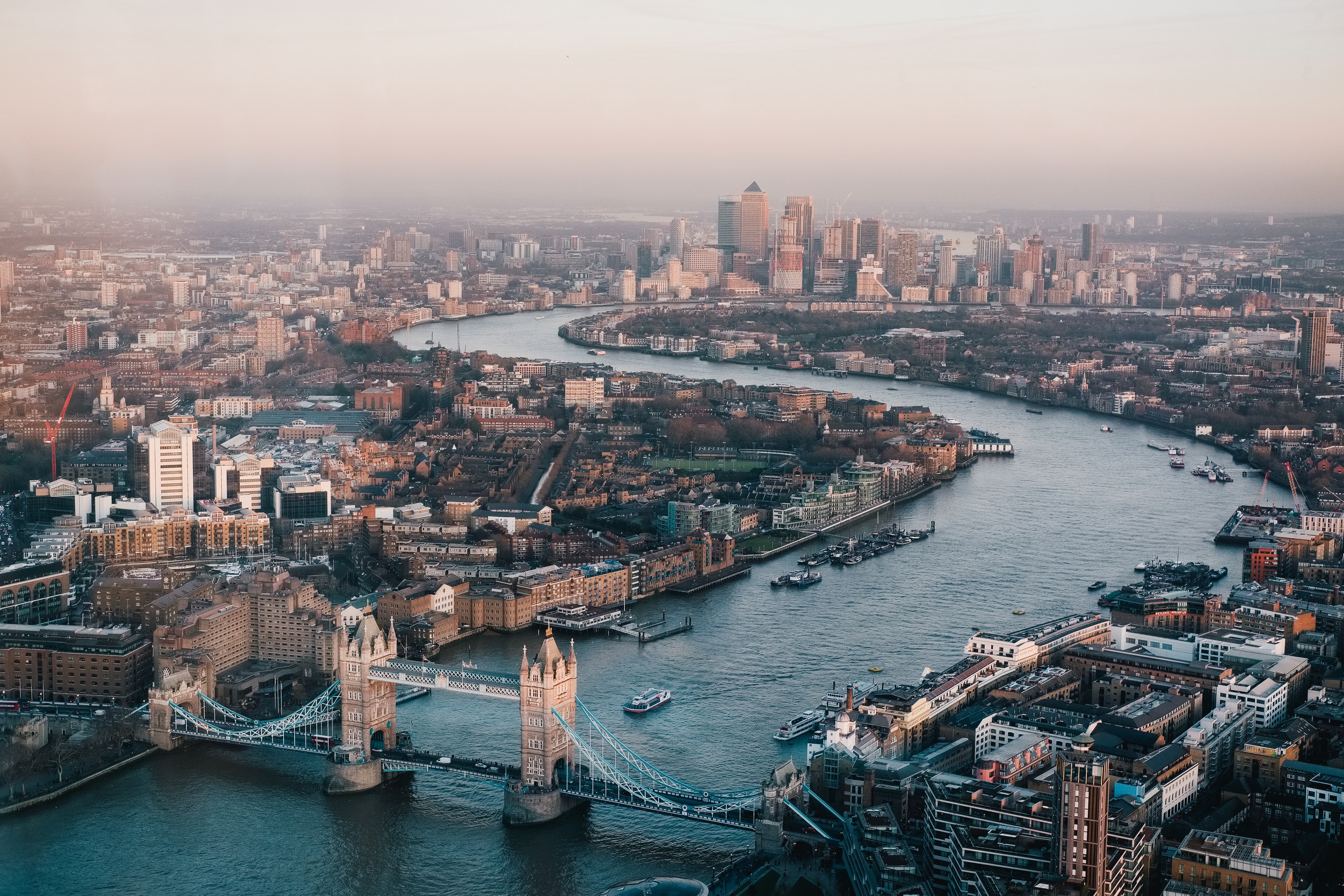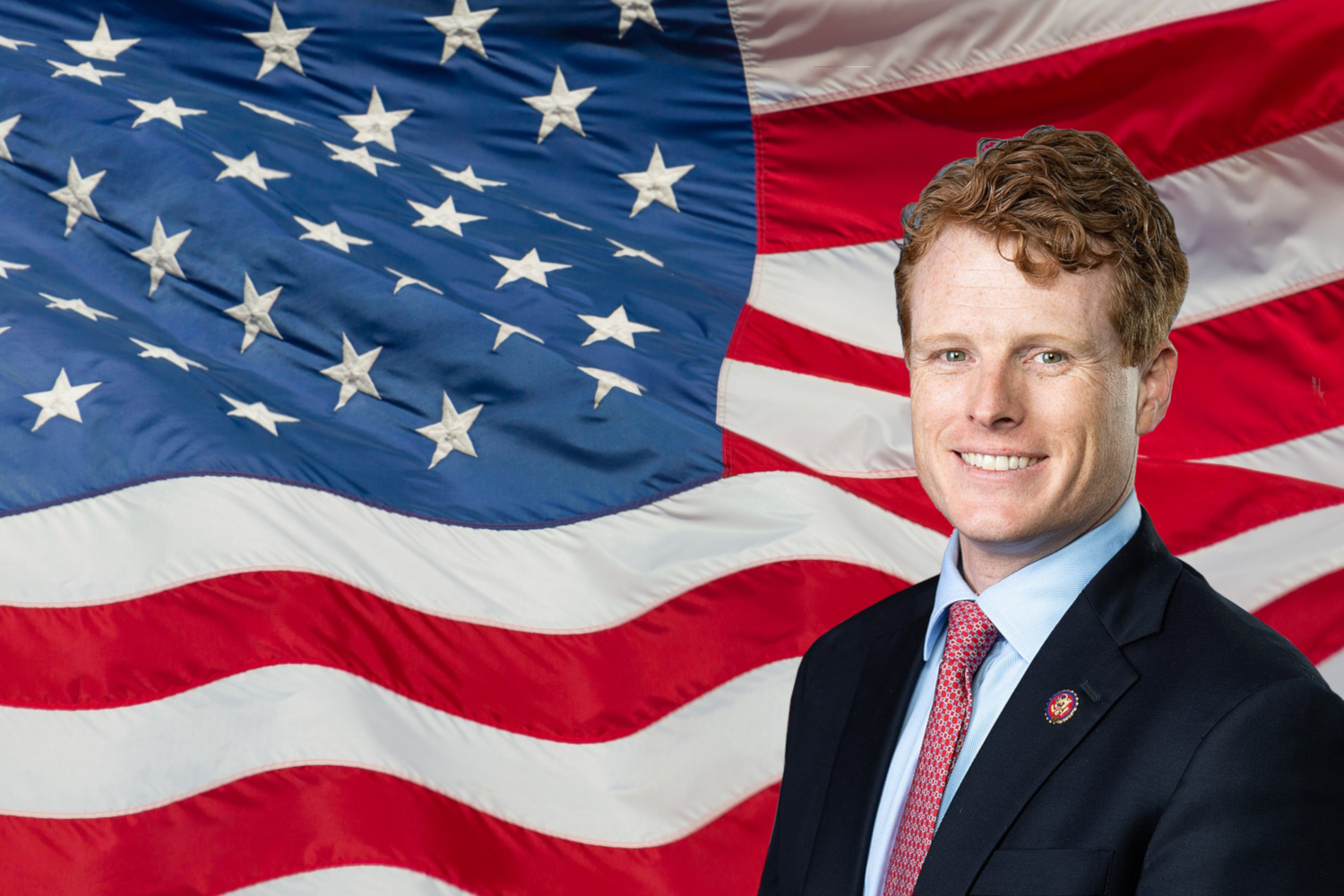“What was it about that guy?” asks Conan O’Brien in the opening of the new documentary series Kennedy. It is a sentiment that totally permeates Ashton Gleckman’s phenomenal documentary charting the life and times of the 35th President of the United States. For Kennedy is too often defined by his death rather than his extraordinary life. His role in revolutionising modern politics, in redefining the role of the Presidency, his drive in the space race and his leadership during perhaps America and the world’s darkest hour are sadly often overlooked.
Kennedy’s positive qualities, the reasons he became the youngest elected American President and on average the most popular President in modern American history are however centre stage in Gleckman’s magnificent eight-part documentary series which charts Kennedy’s life from his birth in 1917 through his early life and illnesses, his service during World War Two through to his political career and death.
Gleckman has chosen the perfect people to discuss Kennedy’s life, authors and academics who have written many of the best books on the late President abound throughout the series. These contributions, mixed in with recollections from members of the Kennedy family and others, such as O’Brien who offers some particularly insightful remarks as to Kennedy’s influence on the American consciousness, allow the documentary to become more than an average run of the mill reflection on Kennedy’s life but instead something far more interesting. It provides a detailed and accurate reflection of JFK, flaws and all, that allows us to see inside Kennedy’s mind, understand how both the wealth he was born into and the ill health he suffered throughout his life helped shape his outlook on life and ensured he became the remarkable politician he did.
Gleckman’s combination of these interviews with incredibly rare archive footage and rarely heard interviews with Kennedy give this documentary series an authenticity that allows Kennedy’s decisions, from running to be Adali Stevenson’s Vice President in 1956 through to his commitment to pass a genuinely meaningful Civil Rights Act in 1963 in context. Kennedy’s mixture of progressive politics, fierce understanding of the power of the media, his ability to learn from his mistakes such as supporting the invasion of Cuba that became known as The Bay of Pigs are shown in precise detail and provide the audience with a thorough insight into the politics of the 1960s and Kennedy’s pivotal place in it. Gleckman’s mastery of editing enhances the argument that he is making and gives a slick, visually engaging look to the series that could perhaps be a meta commentary on how important Kennedy’s image was, not just to ensuring his electoral success but in revolutionizing the way politicians across the world engage with the media and with all of us.
Yet unlike lesser documentarians, Gleckman firmly focuses on the man and not the image. Like Fredrik Logevall’s phenomenal biography of JFK or Curtis Wilkie and Thomas Oliphant’s, both of whom are interviewed for the series, The Road to Camelot, Gleckman’s series provides a full picture of a man unique in American politics, whose influence on the world we live in has been greatly underestimated. It is a testament to Gleckman’s ability that this series can be without doubt said to be the best documentary yet produced about Kennedy’s life and by far and away one of the best to ever be produced about any US President. It is a stirring, insightful, objective and above all continually engaging piece of television that should be viewed not only by those who are interested in politics but anyone who wishes to engage with high quality media. It can only be hoped that the series receives viewership from the widest audience possible.

Will Barber Taylor
Will is a writer and member of the Labour Party. He is passionate about local communities and progressive politics that can help people. He is reading History at the University of Warwick and is working on a short book on Philip Snowden.




